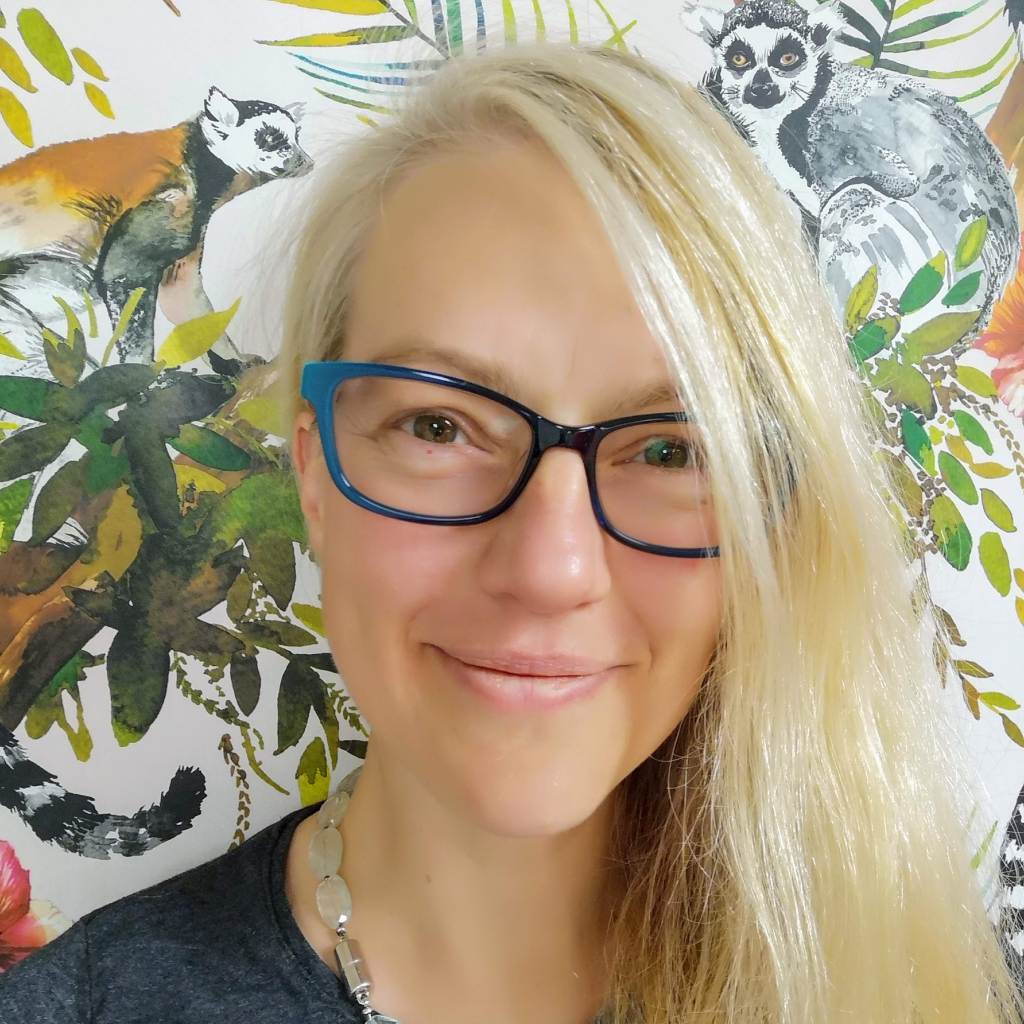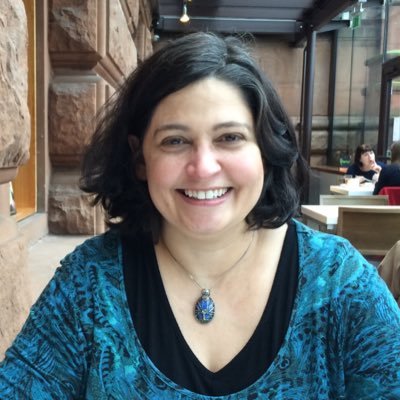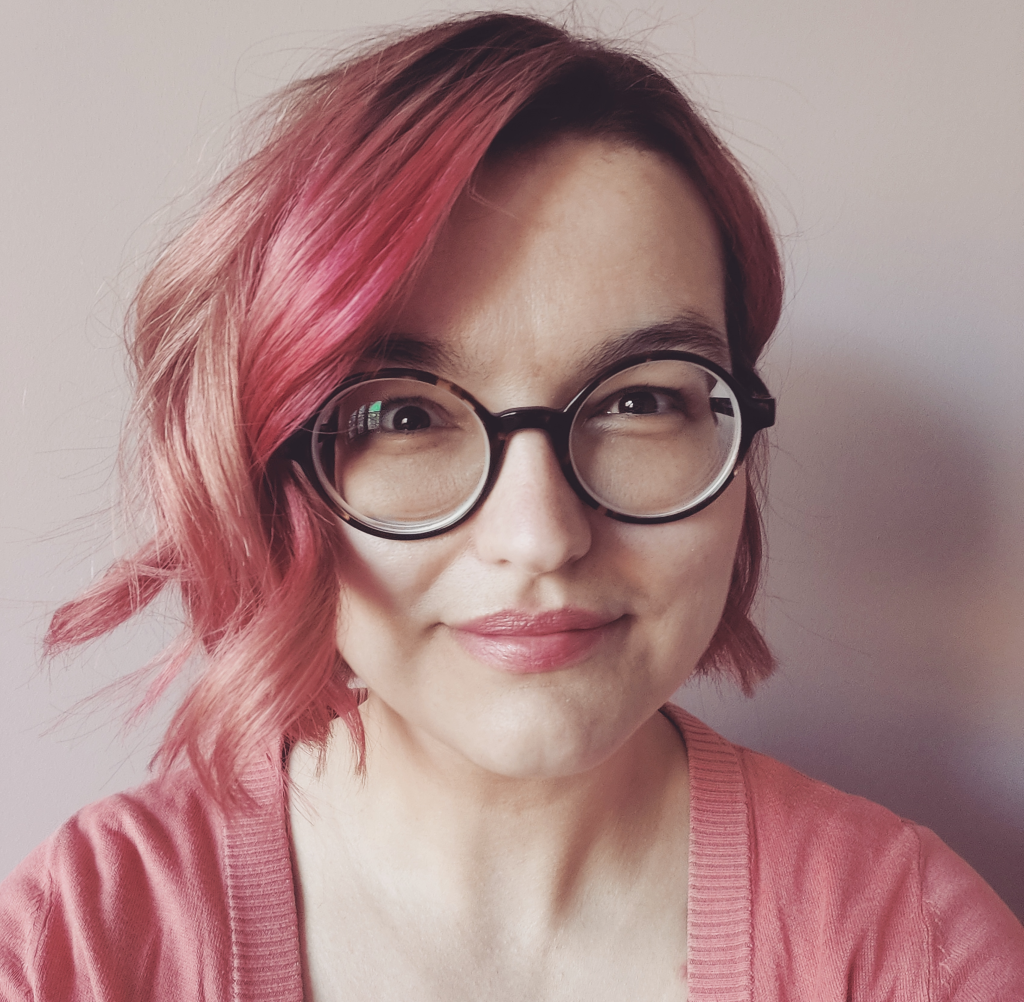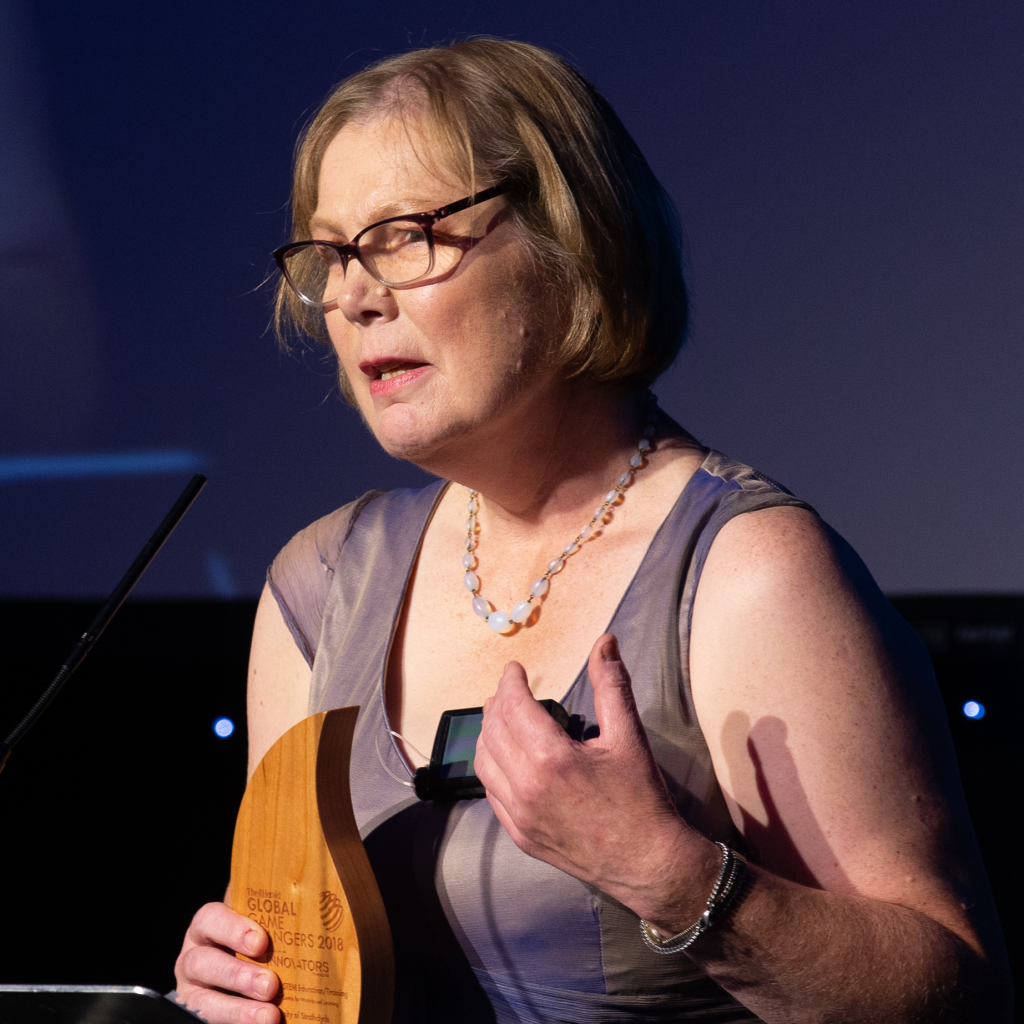Keynote Talks
Keynote (Monday)

Dr Nathalie Tasler
The Importance of Doing SoTL
Keynote (Tuesday)

Dr Caroline Clewley
Partners in learning through times of crisis
Keynote (Thursday)

Dr Katherine J. Haxton
Chemistry for All: Global, Diverse, and Fit for Purpose
Keynote (Friday)

Dr Vicki Dale
Digital practice: Blending ideas for a winning formula
Invited Contributors
Workshop

Dr Jane Essex
Wednesday AM
Principles for building diversity through inclusive outreach: an exploration through case studies
Public Outreach Talk

Dr Carolina Kuepper-Tetzel
Wednesday PM
Towards A Research-Informed Education: Applying Cognitive Psychology To Teaching and Learning
IOP Prizewinner Talk

Prof Nick Braithwaite
Tuesday AM
IOP 2020 Lawrence Bragg Medal and Prize Lecture
Virtually better than the real thing: the hopes and realities of remote experiments
RSC Prizewinner Talk

Dr Glenn Hurst
Thursday AM
RSC Higher Education Teaching Award 2020 Lecture
Green chemistry education for a sustainable future
Dr Nathalie Tasler

Keynote Title: The Importance of Doing SoTL
Keynote: Monday, 16th August 2021, 10:10-10:40 BST
Abstract: The Scholarship of Teaching and Learning (SoTL) is a widely disputed term, and an even wider disputed discipline within the field of education. As of today, there is no agreed definition yet. However, the sector does agree on some defining characteristics of SoTL. SoTL is concerned with matters of learning and teaching in higher education, SoTL is public, and SoTL is subject to a form of peer feedback. After this, opinions then diversify. SoTL can be anything, for example, from a published literature review on an issue, to a reflective practice piece, to a blog, to an evaluation and even all the way to full blown inter-institutional educational research. My suggestion, thus, is not to attempt one definition to rule them all, but to think about SoTL in terms of different categories or potentially sub disciplines. Boyer (1990) already suggested different types of SoTL, but it seems this classification hasn’t stuck. Other aspects I will try to disentangle are the differentiations between “Scholarship”, “Scholarly”, and “Scholarship of Teaching and Learning”. We will explore some basics about how to get started with SoTL.
Biography: Dr Nathalie Tasler* is a lecturer in Academic and Digital Development (ADD) at the University of Glasgow. Her background is Erziehungswissenschaften (Sciences of Education) and Doctorate in Education. She leads the University’s Scholarship of Teaching and Learning (SoTL) Network and has a strong background in Creative Learning and Teaching. Nathalie has been involved in various roles in the education sector for over 25 years, initially, in museums and culture education and, for the last 15 years, predominantly in Higher Education.Nathalie is the SoTL curator for the National Teaching Repository. She sits on the membership committee for the International SoTL Society. She is also a mentor for the ALT ELESIG scholar scheme.
Nathalie is a founding editor for the open access SoTL journal “oSoTL” and would like to draw your attention that the call for the inaugural issue is currently active.
She also hosts SoTLcast, a podcast around all things SoTL (available on all major platforms including Spotify).
If you are interested in resources for and her thoughts on everything related to learning and teaching in higher education you can follow her blog here: Adventures in Academic Development – Faculty Development, Hochschuldidaktik, Play and Creativity in Higher Education, SoTL (acdevadventures.blog) Nathalie also is a mentor organizing teams for the weekly community-driven twitterchat on themes related to Learning and Teaching in Higher Education #LTHEchat, to which you are invited to participate.
More details about her work history are on LinkedIn and if you like poetry you can find some of her creative writing work here (*aka Dr Nathalie Sheridan)
References:
Boyer, E. L. (1990). Scholarship reconsidered: Priorities of the professoriate. Princeton, N.J: Carnegie Foundation for the Advancement of Teaching.
Fanghanel, J., Pritchard, J., Potter, J., & Wisker, G. (n.d.). Defining and supporting the Scholarship of Teaching and Learning (SoTL): A sector-wide study Executive summary: preliminary contribution.
Tierney, A. (2019). The scholarship of teaching and learning and pedagogic research within the disciplines: should it be included in the research excellence framework? Studies in Higher Education, 1–11. https://doi.org/10.1080/03075079.2019.1574732
Dr Caroline Clewley

Keynote Title: Partners in learning through times of crisis
Keynote: Tuesday, 17th August 2021, 09:40-10:10 BST
Abstract: Staff-student partnerships have been put high on the agenda across Higher Education institutions: in recent years many projects in curriculum design, teaching innovation, and research have been carried out in partnership, defined by Healey et al. (2014)1 as “a collaboration between staff and student involving joint ownership and decision-making over both process and outcome”.
One such project is ImpVis: a large-scale project to create interactive visualisations on abstract concepts in Science, Engineering and Maths specifically for use within STEM modules. The key underpinning values upon which ImpVis is built are mutual respect, joint ownership and shared responsibility, promoting partnership between the staff and student team members. However, implementing partnership principles in taught modules remains a challenge, as the requirements of this form of learning– e.g. assessment of fixed learning outcomes – are difficult to reconcile with partnership values such as shared ownership and responsibility, empowerment and authenticity.
During the turbulent times of the pandemic, Imperial College London ran its first implementation of its brand-new programme of cross-curricular modules: I-Explore. I-Explore encompasses a wide range of modules and gives every undergraduate student the opportunity to take a module outside of their chosen discipline. Many of the new modules were developed in staff-student partnerships, particularly in response to the pandemic and the need to deliver these highly interactive modules online. Fundamental to the success of the new modules was the high degree of flexibility adopted by the module leads and the community spirit of making the modules work effectively for everyone involved. Although unplanned, the pandemic fostered a sense of common purpose amongst staff and students and thereby empowered students to take ownership of and responsibility for their learning –essential principles of staff-student partnership.
Moving forwards, over the past year the ImpVis team – staff and students – have developed an I-Explore module that intentionally brings these partnership principles to the fore in a taught module. Its main purpose is to co-create knowledge on how to create effective visualisations for education as well as designs for visualisations to be implemented across College. Our pressing question for the future is: will students’ new-found empowerment to take control of their learning through the pandemic translate to a shift towards implementing partnership learning throughout curricula, thereby opening op the opportunity to engage in staff-student partnerships for all?
Biography: Dr Caroline Clewley is the I-Explore STEMM modules lead at Imperial College London and project lead of ImpVis – a staff-student project creating interactive visualisations for STEM courses.
Caroline’s research background is in Astrophysics with a focus on Observational Cosmology: in 2007 she obtained a PhD at the University of Oxford, researching the most distant galaxy clusters. Afterwards, she spent two years at UCL as a Postdoctoral Research Fellow before taking up a position at the Imperial College Physics Department as a teaching fellow. During her time there she focussed on education innovation through implementing active learning and digital technologies in a wide range of different settings. She also gained an MEd in University Learning and Teaching, looking into how students grapple with troublesome knowledge in Special Relativity. This ultimately culminated in the founding of ImpVis in 2017, creating interactive visualisations in staff-student partnerships to aid students’ understanding of abstract concepts. Since then, over a hundred students have engaged with ImpVis to create visualisations that are now used in a wide range of degree courses.
In 2019 she took up her current position in Imperial College’s Education Office to lead the design and development of a suite of innovative cross-disciplinary STEMM modules for the College’s new I-Explore programme: a diverse range of for-degree-credit modules designed to provide the opportunity for all undergraduate students to broaden their perspective and give new context to their disciplinary knowledge. Her current educational research activity centres on staff-student partnerships as well as the development of students’ self-efficacy and academic identity.
Dr Katherine J. Haxton

Keynote Title: Chemistry for All: Global, Diverse, and Fit for Purpose
Keynote: Thursday, 19th August 2021, 09:40-10:10 BST
Abstract: Chemistry is often called the central science, one that enables further study across a wider range of disciplines. At the same time, chemistry can be exclusive. We don’t like to think of it in those terms, but the emphasis on hands-on practical work, rigid ideas about what must be taught in our degree programmes and how we must assess learning, and certain assumptions about what chemistry graduates will go on to do, can lead to many feeling chemistry is not for them. Many UK universities are engaged in work to make their curricula more inclusive through initiatives to decolonize the curriculum, become anti-racist institutions, and other projects to increase equity and accessibility through widening participation. It can be difficult to know where to start, particularly in STEM disciplines. This work is essential: the challenges faced by humanity will not easily be solved without a global perspective, and diverse voices. This work is hard: reconsidering what is taught, who is teaching, and where we place the emphasis in our curriculum takes reflection and empathy. This work is worthwhile: reconsidering content, context and assessment can provide an opportunity to make chemistry more inclusive and relevant, and to become a subject that is truly central to tackling global challenges. This talk will highlight some examples of what can be done to make chemistry teaching and assessment more accessible and inclusive, particularly by giving students flexibility and choice to research their own context for assessments. At the end, a challenge will be issued to make one small change to what is taught, it’s amazing what you can do in 15 minutes.
Biography: Katherine Haxton was appointed as a Lecturer in Chemistry at Keele in April 2008 and Senior Lecturer in April 2015, moving to the Education and Scholarship track in June 2019. She completed her MChem and PhD at the University of St Andrews then moved to the University of British Columbia, Vancouver, Canada as a Postdoctoral Research Fellow in Pharmaceutical Sciences. Katherine completed her MA in Learning and Teaching in Higher Education in October 2016, was appointed as a Keele Institute for Innovation and Teaching Excellence Curriculum design Fellow in January 2021 and was awarded the Green Gown Staff Sustainability Champion award in March 2021 for her work and leadership in Sustainability. Back when Katherine did laboratory work, her research interests were all about sticking metals on polymers and studying their use as catalysts or drug delivery vehicles but since starting at Keele she has developed varied education research and scholarship interests including the role of technology in enhancing inclusive learning; sustainability in, and of, the curriculum; and developing conceptual understanding and ‘think like a chemist’ skills.
Dr Vicki Dale

Keynote Title: Digital practice: Blending ideas for a winning formula
Keynote: Friday, 20th August 2021, 10:10-10:40 BST
Abstract: What does innovation mean in STEM higher education? And how can we create space for reflection to encourage innovation? Drawing on the outcomes of a recent study of STEM educators’ characteristics and participation in developmental opportunities in relation to technology-enhanced learning and teaching (TELT), and examples of digital practice from chemistry and physics education, this keynote will consider not just the importance of blended learning for students in higher education, but also how educators can be best supported to engage in this space. Delegates will be encouraged to reflect on their own digital practice and how they can work together to develop their level of ‘digital practitionership’ to enhance student learning experience and optimise learning outcomes.
Biography: Vicki’s background comprises a blend of archaeology, veterinary education, and academic development in active, blended learning. She is on the organising committee for the Scotland group of the Association for Learning Technology, and is the lead editor on a special issue of the Journal of Perspectives in Applied Academic Practice on ‘Transitions to remote and blended learning’. Until recently she served for several years on the organising committee of the ALT-ELESIG learner experience research SIG and still maintains an active interest in this area.
Dr Jane Essex

Invited Workshop Title:
Principles for building diversity through inclusive outreach: an exploration through case studies
Workshop: Wednesday, 18th August 2021, 09:40-11:00 BST
Abstract: This session will consider three case studies in which I have engaged, or am currently engaging, with diverse audiences through outreach activities. The first involves a special school who wishes to introduce science into their curriculum, the second involves outreach to culturally diverse community groups at a popular visitor venue, whilst the third involves an on-line chemistry festival which included hands on activities. I will share the activities and the feedback on these (where available) and facilitate a discussion of the principles behind the activities, the generalisability of the approaches used, and their potential applicability to other contexts. The session will conclude with a consideration of practical next steps that science communicators might take to enhance the diversity of their audiences.
Biography: I am a Senior Lecturer in chemistry education, with teaching and supervision responsibilities on the PGDE chemistry. I also contribute to the teaching on BA routes and MA programme, as well as supervising research students from BA through to PhD routes. I moved to Strathclyde University from Brunel University London. Prior to that I had been an Initial Teacher Education tutor at Keele University (Staffordshire).
I taught science in schools in various parts of England before moving to Higher Education and retain a keen interest in all aspects of school science.
My major professional and research interests, are inclusive science education, and the preparation of teachers to deliver an inclusive STEM curriculum, along with curriculum design and assessment. My primary focus in on science for learners with intellectual disabilities but my interest extends far more widely into the mechanisms by which some groups are excluded from science.
In addition, I am active in science outreach, for which I have achieved international recognition, and regularly run inclusive and accessible chemistry events at the University of Strathclyde, in conjunction with colleagues from chemistry and chemical engineering. I have worked with a range of visitor centres to develop their STEM outreach programmes, and have regularly collaborated with colleagues at sites of historic and cultural significance.
Dr Carolina Kuepper-Tetzel

Invited Public Outreach Lecture:
Towards A Research-Informed Education: Applying Cognitive Psychology To Teaching and Learning
Public Lecture: Wednesday, 18th August 2021, 19:00-20:00 BST
Abstract: What is the best way to study or teach? Are we intuitively already using the most successful strategies? This talk provides an overview of the most successful strategies to enhance memory that resulted from years of rigorous research in Cognitive Psychology. Cognitive Psychology is a research area that investigates how we remember information, solve problems, transfer knowledge, and obtain understanding of complex material. Consequently, it provides a range of strategies that can be applied to education and beyond. The most important research findings alongside hands-on practical tips will be highlighted.
Biography: Dr Carolina Kuepper-Tetzel is a Senior Lecturer in Psychology at the University of Glasgow. She is an expert in applying findings from Cognitive Psychology to education and an enthusiastic science communicator. She obtained her Ph.D. in Cognitive Psychology from the University of Mannheim and pursued postdoc positions at York University in Toronto and the Center for Integrative Research in Cognition, Learning, and Education (CIRCLE) at Washington University in St. Louis. Before joining the University of Glasgow, she was a Lecturer in Psychology at the University of Dundee. Her expertise focuses on learning and memory phenomena that allow implementation to educational settings to offer teachers and students a wide range of strategies that promote long-term retention. Carolina is convinced that psychological research should serve the public and, to that end, engages heavily in scholarly outreach and science communication. She is a member of the Learning Scientists and founded the Teaching Innovation & Learning Enhancement (TILE) network. The TILE Network brings different disciplines and sectors together to discuss how to overcome prevailing issues in education with research-based approaches. Carolina is frequently invited to give CPD workshops and keynotes on learning and teaching worldwide. Carolina was awarded Senior Fellow of HEA. She is passionate about teaching and aims at providing her students with the best learning experience possible. In her free time, Carolina enjoys going on family trips to explore the beauty of Scotland, listening to her vinyl records, reading books, or watching movies and series. You can follow her work via Twitter: @pimpmymemory.
Professor Nick Braithwaite

IoP Prizewinner – Invited Speaker:
IOP 2020 Lawrence Bragg Medal and Prize Lecture
Title: Virtually better than the real thing: the hopes and realities of remote experiments
Lecture: Tuesday, 17th August 2021, 10:15-10:45 BST
Abstract: Driven by the context of distance learning (within the OU model of supported open learning) we have been getting to grips with the practicalities of remote experiments for several years. We are interested in their effectiveness in meeting QAA benchmarks and accreditation requirements relating to practical skills in experimental classwork and projects. We are interested therefore in their effectiveness for independent learning. We have been particularly inspired by recent examples of remote experimentation from field work on Mars landings to lateral flow tests.
Over the last ten years or so we have gained practical experience of using remote experiments in the curriculum, at scale, and we have recognised the criticality of telecommunications and internet services and the limited scope for design and build activities. The aim is to provide students with access to real data via authentic interfaces. Our OpenSTEM Labs now enable students to plan and conduct experiments that provide each with their own data, obtained under their own control, individually or in teams. The cohort size ranges from tens to hundreds. The equipment accessed ranges from telescopes in professional observatories to analytical instruments in research laboratories. The scenarios include time-domain astronomy, collaborative planetary-surface exploration, relativistic electron dynamics, acid-base titration and FTIR spectroscopy.
There are pedagogical advantages to preparing general learning resources especially for online delivery rather than retrofitting ‘online connectivity’ to conventional resources; the benefits come at a price. In much the same way, we have found there are advantages to designing remote experiments from scratch rather than automating a traditional lab; we have found the investment worthwhile, not least because our teaching labs have remained fully functional throughout the CV-19 pandemic.
We are planning to collaborate with others in the development and use of remotely-accessible teaching labs, to enhance the social and educational experience of students through incorporating tools for collaboration and ‘over-the-shoulder’ support.
Nicholas Braithwaite and the OpenSTEM Labs team
STEM Faculty, The Open University
Biography: Dean, Faculty of Science, Technology, Engineering and Mathematics (Open University)
Nicholas Braithwaite joined The Open University in 1987, as a lecturer in Electronic Materials. He has held various offices including periods as Head of Materials Engineering, Head of Physics and Astronomy, Director of the Centre for STEM Pedagogy, Director of the OpenSTEM Labs and Associate Dean for Academic Excellence. Nicholas was promoted to Professor in Engineering Physics in 2002 on the strength of his international research profile in plasma science together with his record of contributions to the teaching of topics in electrical engineering.
Dr Glenn Hurst

RSC Higher Education Teaching Award 2020 Lecture:
Green chemistry education for a sustainable future
Talk: Thursday, 19th August 2021, 10:10-10:40 BST
Abstract: This talk will outline how, using a systems thinking theoretical framework, green and sustainable chemistry principles, activities and courses have been implemented at multiple levels by working with students as partners to drive innovative change in curricula. During the design stage, specific emphasis was placed on creating interventions that are internationally transferrable, which, as of consequence, have been integrated into the specialised manual on green and sustainable chemistry education, published by the United Nations Environment Programme in 2021. This journey together with associated examples detailing their design, implementation and efficacy will be articulated.
Biography: Glenn Hurst completed a MChem from Durham University and PhD from Newcastle University. He was appointed Associate Lecturer in Chemistry at the University of York in 2014, was promoted to Assistant Professor in 2017 and to Associate Professor in 2020. At York he is chair of the Natural Sciences Teaching Committee and chair of the institutional Learning and Teaching Forum, which nurtures and shares creativity and good practice in learning and teaching across the institution.
His research interests lie within chemistry education, specialising in adopting systems-thinking approaches within all levels of green and sustainable chemistry education. This forms part of his work in the Green Chemistry Centre of Excellence. Hurst is also focused on utilising social media for technology-enhanced learning and developing new mobile applications for game-based learning. He regularly presents his work internationally and publishes in chemistry education literature together with serving on the editorial board of multiple journals.
He was recognised by Jisc as one of the top ten social media superstars in higher education in 2017, was a finalist in the Times Higher Education ‘Most Innovative Teacher of the Year’ category in 2018, highly commended for ‘Teaching Excellence’ in the Educate North Awards 2019, won the American Chemical Society Committee on Environmental Improvement Award for Incorporation of Sustainability into Chemistry Education in 2019 and won the Royal Society of Chemistry Higher Education Teaching Award in 2020.
He has SFHEA status, is a Chartered Chemist and was chair of the RSC Higher Education Group (2017-2020) where he chaired the associated national conference, ViCEPHEC, in York in 2017.
Contributed Talks
Contributed talks will be selected from abstracts. More information on these talks will be available later.